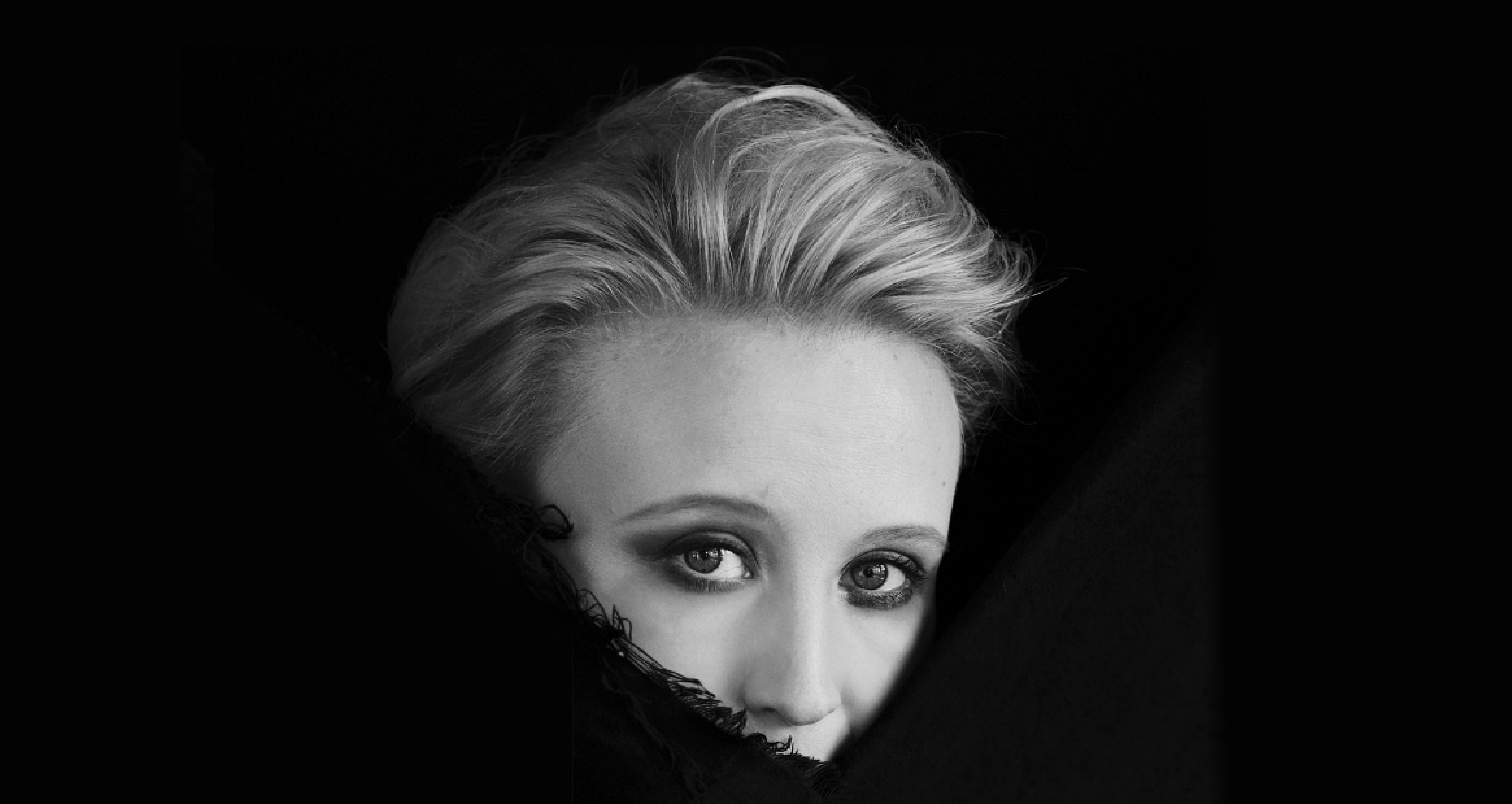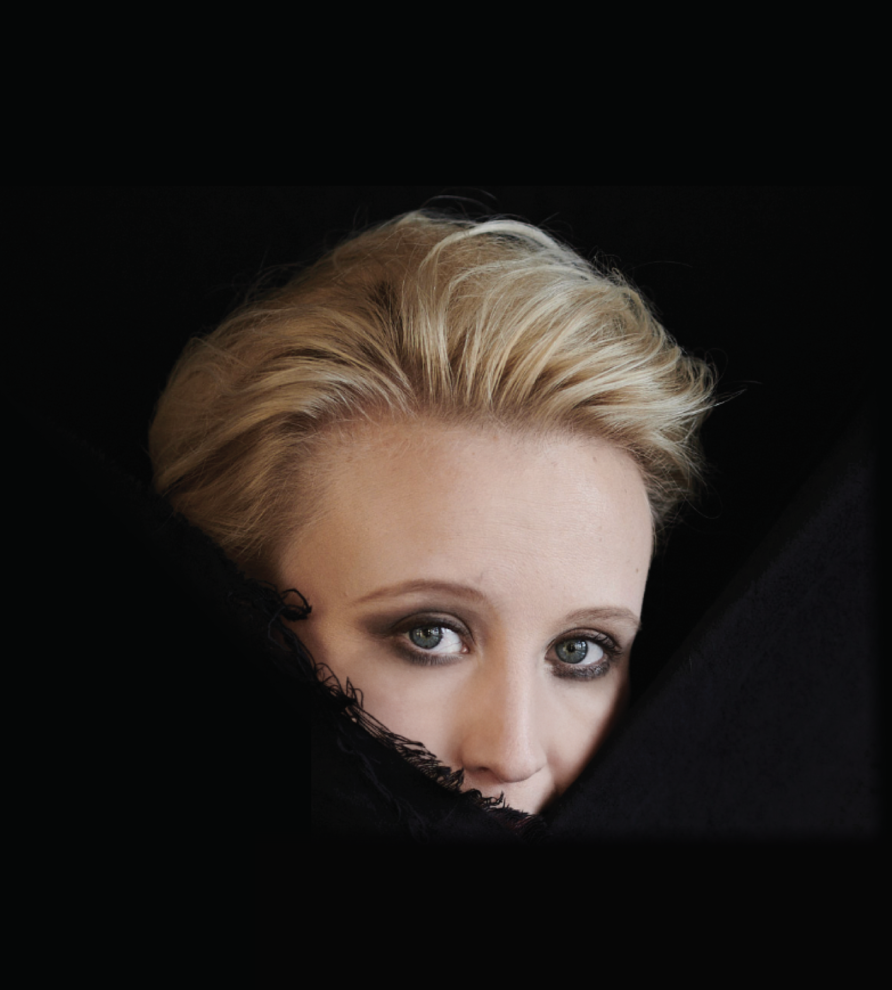
Why we still love Puccini in the 21st Century
Victorian Opera is excited to present La Rondine (The Swallow), a bittersweet masterpiece by Giacomo Puccini that weaves heartache and longing with comedy and romance. Here’s why the legendary composer’s operas remain popular with audiences today.
Nobody can break your heart quite like Giacomo Puccini. Even if you’re unfamiliar with his name, you will undoubtedly recognise much of his music, from the soaring climaxes in Madama Butterfly to the howls of despair in La bohème. Indeed, the long reach of Puccini’s influence has spanned a century, and his work can still sell out theatres in 2024.
Puccini was born in 1858 in the medieval town of Lucca, among the verdant hills of Tuscany, Italy. His career straddled the turn of the century, simultaneously reflecting the grandeur associated with Italian opera traditions since 1600 and the modernism that would come to define the post-war era.
This year marks 100 years since the composer died, yet audiences worldwide consistently return to his work, whether as operas (as Puccini intended), or adapted for Broadway and other mediums, such as Rent based on La bohème, and Miss Saigon based on Madama Butterfly. This is largely because his stories are grounded in realism and his music is evocative – features that make his operas unforgettably moving.
His operas are relatable
Puccini was born into a local musical dynasty, where the Puccini family held the post of maestro di cappella in Lucca’s Cathedral of San Martino for four generations. Despite this high regard in his community, Puccini fell into poverty as a young student. He was certainly no stranger to hustling, apparently playing piano in a local brothel and, as the story goes, sharing a single herring between multiple friends for dinner.
Some credit these bohemian years in the 1880s with Puccini’s pursuit of verismo, or ‘realism’, in his work. Verismo, at the time, was a relatively new style of music that put common feelings and real people in focus, such as the artists in La bohème. Prior to Puccini, operas often told grand stories of royalty, gods and goddesses.

His music is emotional and accessible
Puccini’s orchestral scores do not pull any punches. They are big, unsubtle and unabashedly romantic. They make you cry with the gentlest melodies, and fill your soul with the richest crescendos. Puccini’s music is also lyrical, with beautiful simplicity. Importantly, this makes it memorable. You could easily hum one of his tunes to yourself after listening to it only once.
It’s no wonder Puccini’s music is often described as ‘cinematic’, and he is thought to have influenced film composers such as John Williams. For example, like Wagner before him, Puccini used ‘leitmotifs’ – a melody or theme associated with a particular person or idea (think the ominous march in Star Wars before Darth Vader enters a room). Scores from his operas have even been featured in various film soundtracks over the past century, from Madama Butterfly in Fatal Attraction (1987) to Turandot in Mission Impossible – Rogue Nation (2015).
La Rondine is a perfect blend of these quintessential elements of Puccini’s well-loved style. See it at the Palais this August and be swept into this evocative romance.
